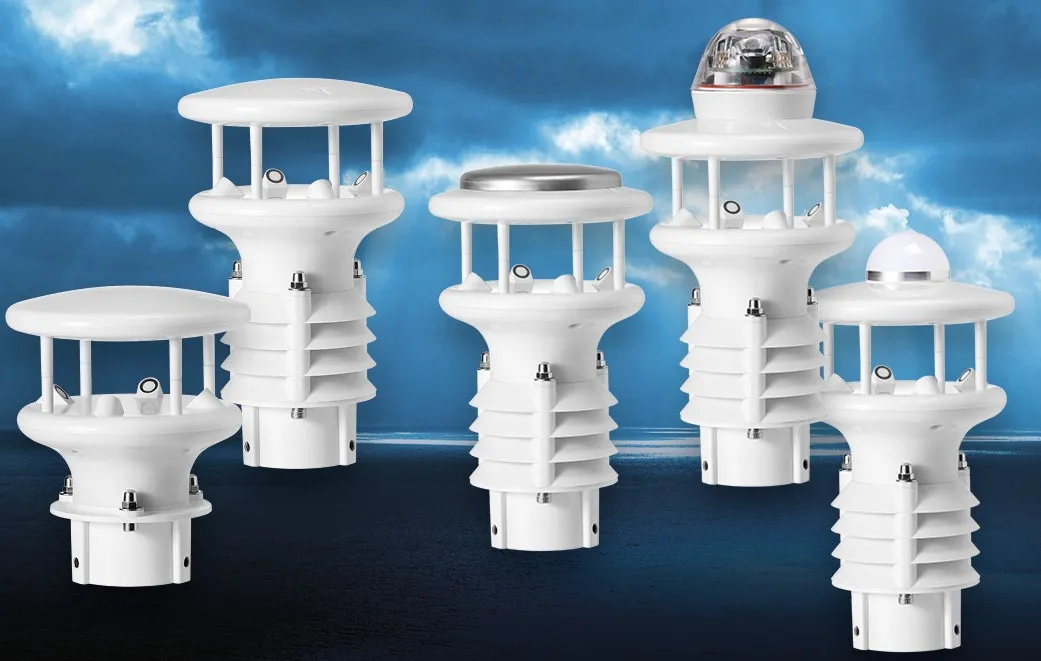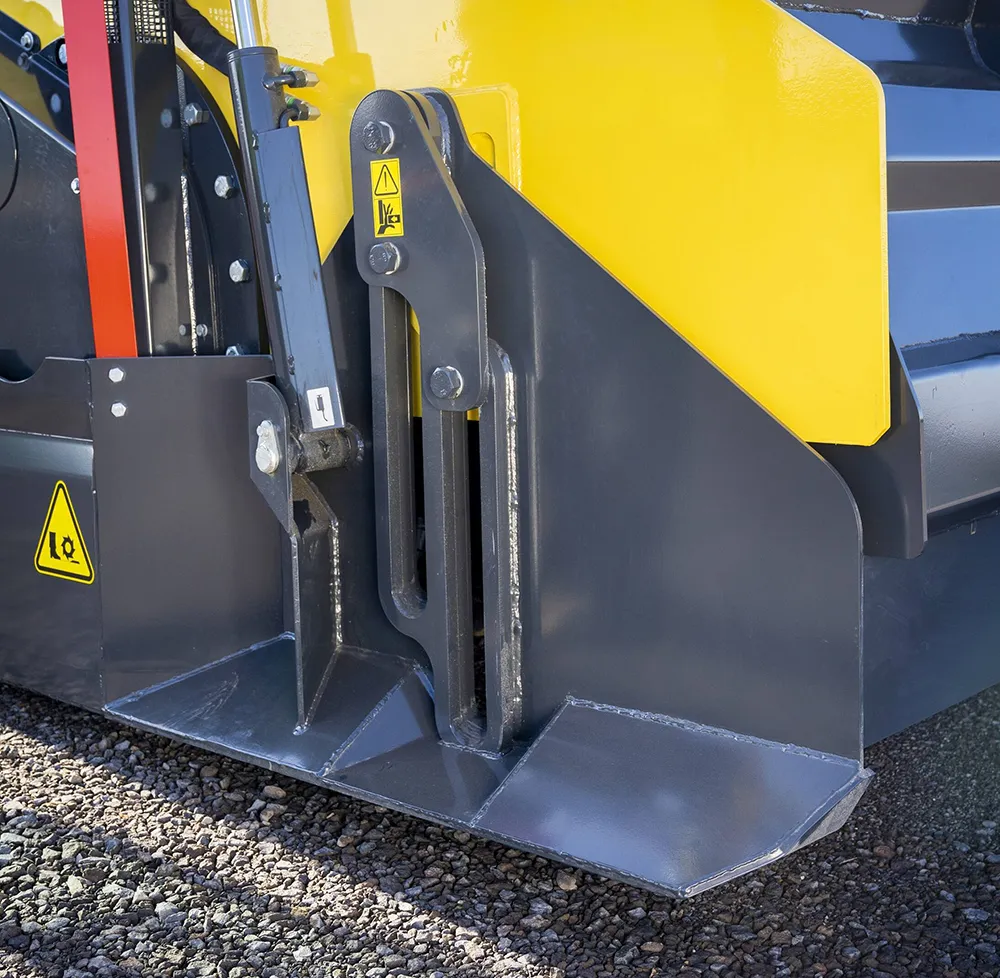
HyQuest Solutions, part of the Kisters Group, has launched the WeatherSens product line of high-precision multi-parameter weather stations.
A WeatherSens station measures up to seven parameters such as wind speed and direction, air temperature, humidity and pressure, rainfall and solar radiation. The durable WeatherSens stations are IP66 rated and have been tested and approved for high- and low-temperature ranges, humid weather, windy and coastal environments with salt spray and vibration.
Universal interfaces such as SDI-12 or RS 485 ensure easy connection to data loggers or control systems.
HyQuest says that the new WeatherSens stations add to an already comprehensive portfolio of its meteorological sensors and systems. They complement the proven precipitation measuring devices based on tipping bucket or weighing technology with their photo sensor or piezoelectric sensor technology for rain measurement.
The sensors of the WeatherSens MP series have an aluminium coating with a Teflon alloy, while the sensors of the WeatherSens WS series are made of corrosion-resistant polycarbonate which can be configured for specific applications, for example with regard to the measurement parameters and data communication interfaces.
Importantly, and thanks to their low power consumption, they are suitable for a power supply with a solar panel.
HyQuest Solutions is the Kisters brand for precision measuring devices, sensors and dataloggers for environmental monitoring in hydrological and meteorological applications. Kisters is based in Aachen, Germany.









